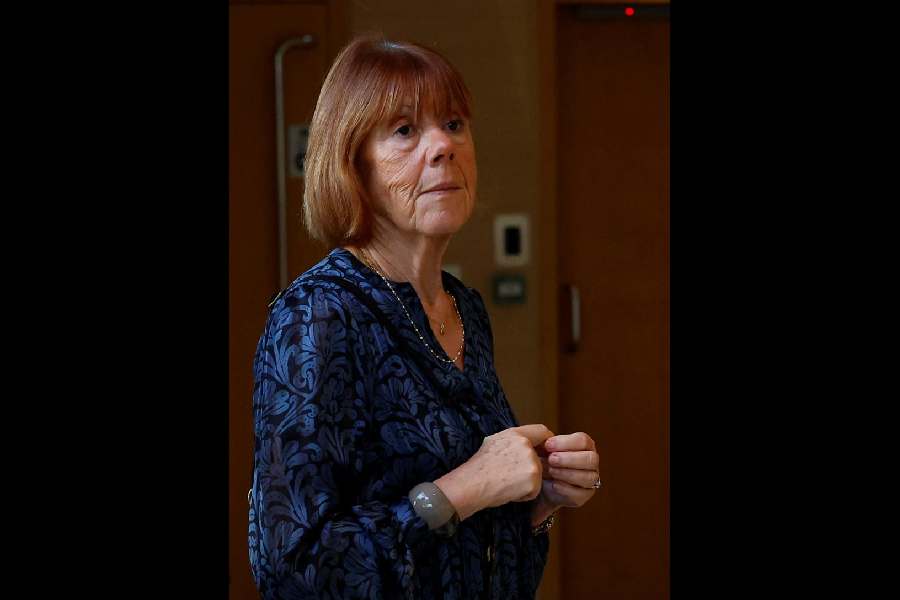Gisèle Pelicot’s mass rape trial not only subverted the stigma around rape but also rejuvenated the opportunity to view older women beyond the lens of powerlessness.
Ever since the gruesome mass rape of Gisèle came out in the open, the world has been shocked at and disgusted by the gravity of the crime. In Mazan, a village in Provence located in southeastern France, Gisèle was drugged by her husband, Dominique Pelicot, who would then rape her and, later, lure strangers he met online to participate in raping her while he filmed the act on his camera.
Gisèle’s case (re)focuses attention on the geography of domesticity and bares the home and intimate relationships for the danger they pose to women. A report released on the occasion of International Day for the Elimination of Violence against Women by the United Nations Office on Drugs and Crime states that six women are killed by someone they know every one hour. Another report by the World Health Organization found that 38% of murders are committed against women (femicide) by their partners. This underlines how the home has remained a contentious space, enabling abuse and violence against vulnerable inmates.
Across cultures, rape is treated as a heinous crime; yet rape survivors are shamed, ostracised, and saddled with the charge of breach of modesty. Popular representations of rape survivors committing suicide or pseudonymising their identities further expose rape's potential to serve as an embedded label marked on and endured by the survivor. Gisèle’s decision to defy the shame narrative — she waived off her right to privacy and the benefit of anonymity and made the trial public — was thus a critical moment for the feminist movement.
Ageing is perceived to be a stigma. The lived realities of older women recede to the background as a result. They are either invisibilised or routinely presented as frail and curmudgeonly or as custodians of patriarchy inflicting violence on younger women under the veneer of tradition. Older women are rarely treated as allies in the feminist movement or as harbingers of change. Although Gisèle found herself in an ordeal, she chose to go public with her trail to raise awareness regarding sexual crimes. Her actions resuscitate older women’s role as allies in carving a more forceful and hopeful future.
Gisèle’s real-life activism reminds one of the reel-life portrayal of the eponymous character in an Indian language film, Ajji. This particular film revolved around a grandmother who decides to single-handedly punish the perpetrators of the crime against her 10-year-old granddaughter.
"I wanted all women who are rape victims to say to themselves: 'Mrs Pelicot did it, so we can do it too'.” These words from Gisèle will not only inspire and echo with survivors of rape and abuse but also lend a more robust voice to recognise older women’s contribution in moving the proverbial needle and leaving an impact for posterity. Busting the entrenched belief that older women are agents of patriarchy and traditionalism, Gisèle and several other elderly women like her are steering the wheels of change, surmounting ageism, sexism and cultural norms.
Dr Sayendri Panchadhyayi is Assistant Professor of Sociology, School of Liberal Arts and Sciences, RV University










